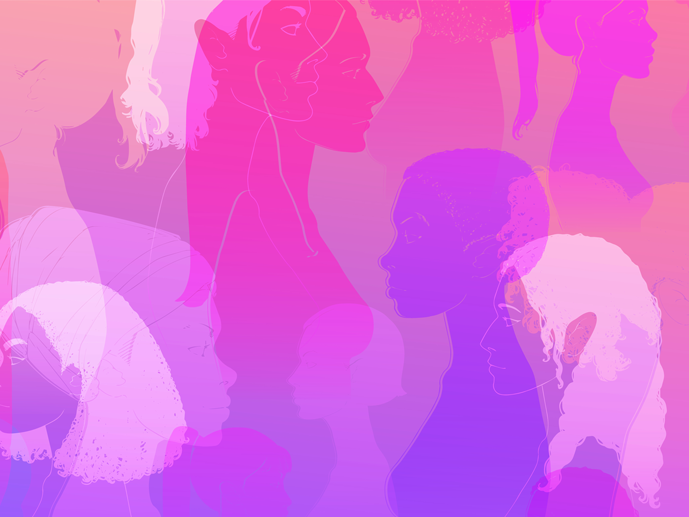The importance of practicing cultural humility

July is National Minority Mental Health Awareness Month. This month was dedicated in honor of Bebe Moore Campbell, who advocated for the mental healthcare needs of underrepresented communities and co-founded National Alliance on Mental Illness (NAMI) Urban Los Angeles.
This matter is important every day of the year as minority populations face specific, often systemic obstacles to the mental health resources needed to thrive in our communities. This includes Black, Indigenous and People of Color (BIPOC) populations, as well as minorities in religious groups, education levels, immigrants, refugees and members of the LGBTQIA+ community. Without adequate resources, mental health problems are likely to increase in severity. Research by NAMI has shown this can lead to unnecessary disability, unemployment, substance use disorders, homelessness, preventable incarceration, poor quality of life and suicide.
Obstacles to mental healthcare can include generational or racial trauma, cost of care, inadequate insurance, limited availability, lack of mental health education, stigma or difficulty in finding and receiving care from a member of one’s racial or ethnic group, or from a culturally humble healthcare provider.
The National Institutes of Health define cultural humility as a “lifelong process of self-reflection and self-critique whereby the individual not only learns about another’s culture, but one starts with an examination of her/his own beliefs and cultural identities.” In mental healthcare, this influences both the facilitator’s mindset and the communication skills that can help make these discussions effective.
It is helpful for facilitators to start by developing their awareness of the cultural groups they personally belong to and the values, assumptions and biases that influence their thinking. A cultural group may be based on shared race, ethnicity, religion or other social factors. Without this self-awareness, it is easy for clinicians to unconsciously minimize the importance of participants’ varied experiences, view participants through cultural stereotypes or inappropriately judge participants’ thinking or behavior to be inferior, abnormal or pathological.
Instead, facilitators can increase their effectiveness by paying attention to differences in communication styles, values, gender roles, behavioral patterns and expectations of other cultural groups. At the same time, it is important to remember that a wide range of diversity exists within any cultural group. Beliefs and practices tend to change over time, and individuals often experience the same cultural influences differently.
You do not need to be a diversity expert or a social justice advocate to practice cultural humility. Clinicians can benefit by recognizing that their understanding is limited and using skills like openness and empathy to learn about the individuals they serve. Research has shown that approaching the therapeutic relationship with humility leads to more successful treatment outcomes.
Throughout July, and on every day of the year, we acknowledge and appreciate the service and efforts of mental healthcare providers actively helping individuals overcome their unique obstacles and take steps toward a happier, healthier life. The Change Companies is humbled to play a role in helping our partners achieve the positive outcomes they work hard for each and every day. Thank you for everything you do.



